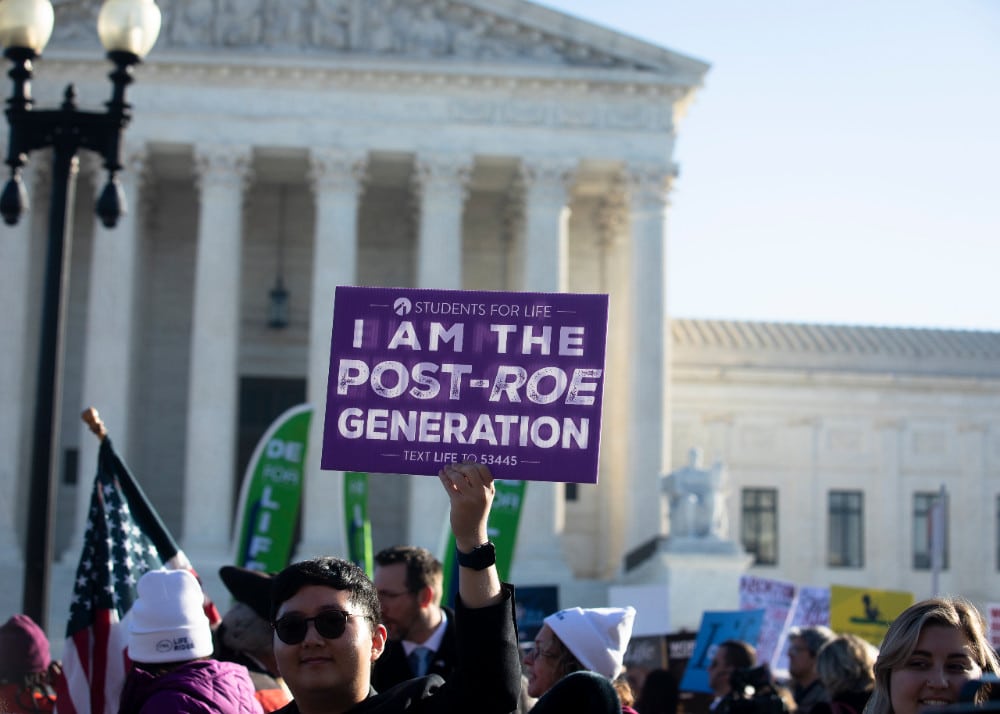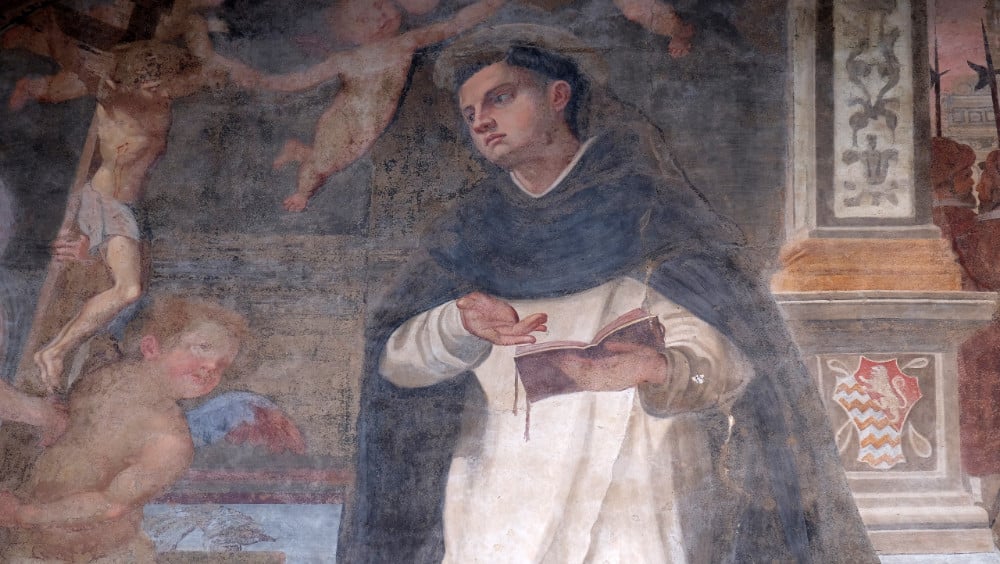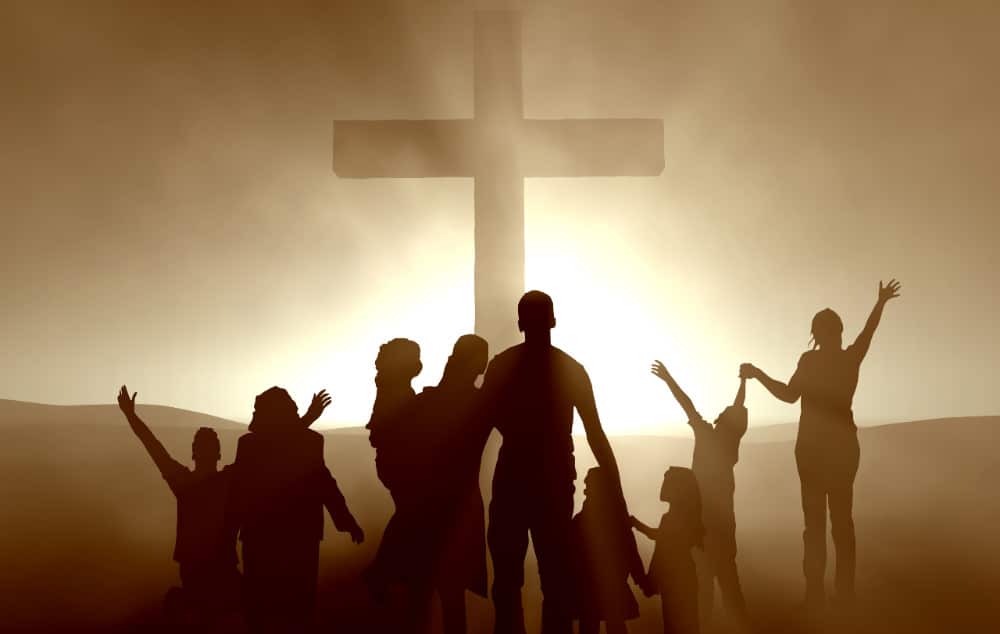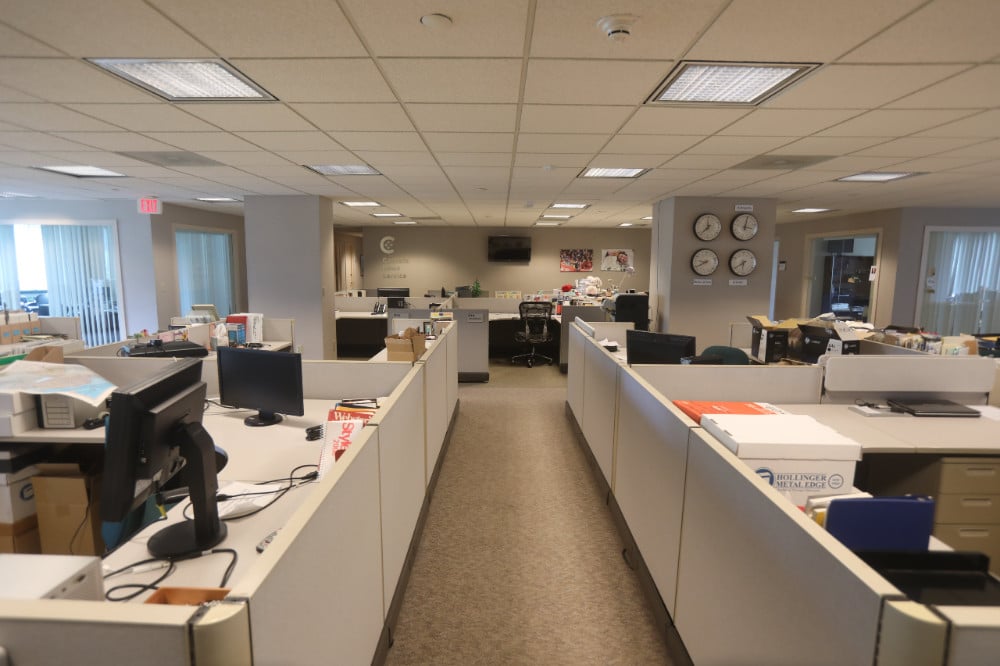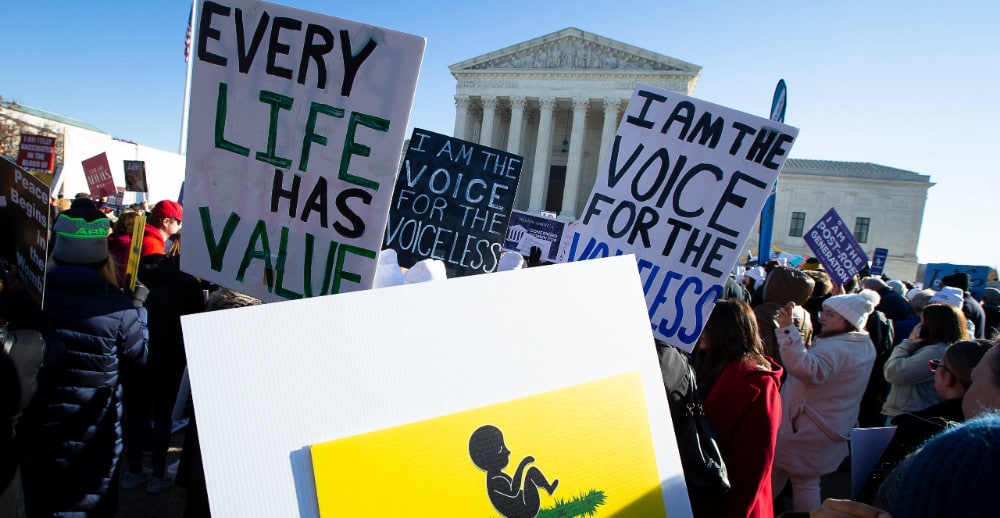 The essentially unprecedented leak of a draft of the majority opinion in Dobbs v. Jackson Women’s Health Organization on the night of May 2 has posed a singular challenge to one of the foundational beliefs of the U.S. judicial system: the idea that the U.S. Supreme Court is supposed to be a deliberative body above the fray of politics.
The essentially unprecedented leak of a draft of the majority opinion in Dobbs v. Jackson Women’s Health Organization on the night of May 2 has posed a singular challenge to one of the foundational beliefs of the U.S. judicial system: the idea that the U.S. Supreme Court is supposed to be a deliberative body above the fray of politics.
The Jackson Women’s Health Organization challenged Mississippi’s ban on abortions after the 15th week of pregnancy. For the first time in 33 years — since the release of the court’s ruling in Webster v. Reproductive Health Services on July 3, 1989 — the court has been widely expected to revisit the very foundation of the supposed constitutional “right” to abortion: the court’s 1973 decision in Roe v. Wade.
The draft, written by Justice Samuel Alito and first leaked to the website Politico, declares plainly that the majority in Dobbs — rumored, according to Politico, to comprise Alito and Justices Clarence Thomas, Neil Gorsuch, Brett Kavanaugh and Amy Coney Barrett — “hold that Roe and [the court’s 1992 decision in Planned Parenthood v. Casey] must be overruled.”
While supporters of abortion have argued that the very willingness to reconsider Roe after 49 years is a sign of the politicization of the court through recent appointments, the court has a history of reconsidering long-standing judicial precedent, most famously in Brown v. Board of Education (1954), which overturned the court’s 1896 decision in Plessy v. Ferguson that providing “separate but equal” schools for black children was constitutional. Indeed, in the draft of the opinion published by Politico, Alito, quoting Kavanaugh in a decision from 2020, declares that Plessy v. Ferguson was “‘egregiously wrong,’ on the day it was decided,” before going on to argue that Roe, too, “was egregiously wrong from the start. Its reasoning was exceptionally weak, and the decision has had damaging consequences.”
One thing is clear: The leak of the draft opinion was a political act, designed to place tremendous pressure on the five members of the court presumed to be in the majority to pull back from an outright overruling of Roe and of Casey, and perhaps even to change their vote, which is not final until the day the decision is published. The irony that someone who presumably considers the court to have become “politicized” has decided to try to sway the court through political pressure should not be lost on us. Should this political act succeed in changing the ultimate outcome of Dobbs, the damage done would be far worse than the political shenanigans in the wake of Webster in 1989, when, behind the scenes, members of the George H.W. Bush administration put political pressure on the Republican governor of Illinois and the Democratic attorney general of the state to settle out of court Turnock v. Ragsdale, an abortion case on the court’s docket for the fall session of 1989, lest the court use it as an opportunity to revisit Roe.
The settlement in Turnock set the stage for Casey and ensured that Roe lived on for another 33 years — while 40 million more unborn lives were brought to an end. But that political maneuvering took place entirely outside of the Supreme Court itself. This leak from within threatens to alter forever the public perception of the court — while saving Roe for another generation and destroying tens of millions of lives in the process.
The next eight weeks are critical. Should the majority in Dobbs stand firm and Justice Alito’s draft opinion survive largely unscathed, Roe will join Plessy in the dustbin of history. Abortion will not come to an end — “This kind cannot be driven out by anything but prayer and fasting” (Mk 9:29, RSVCE) — but regulation of abortion will return to the states, where, under our federalist system, it has always belonged. Pray without ceasing for the justices, all unborn children, and those mothers and fathers considering abortion.
Scott P. Richert is publisher for OSV.

